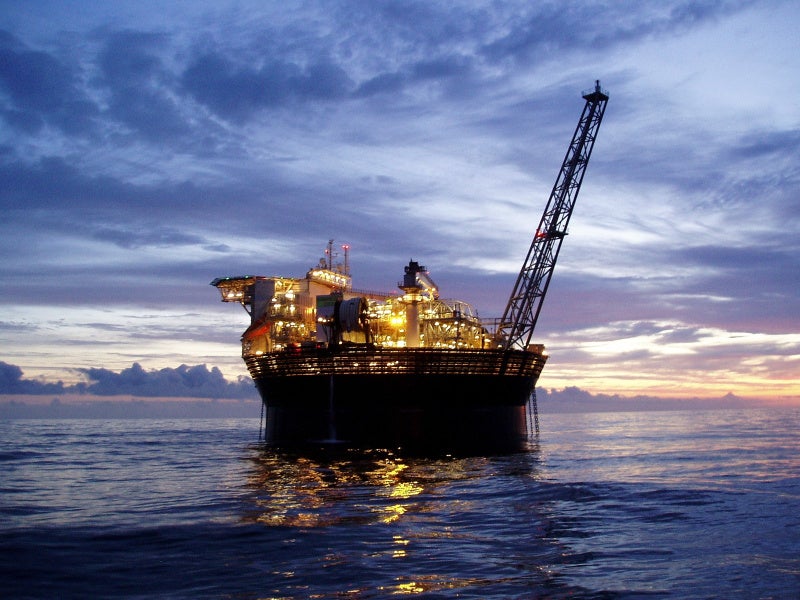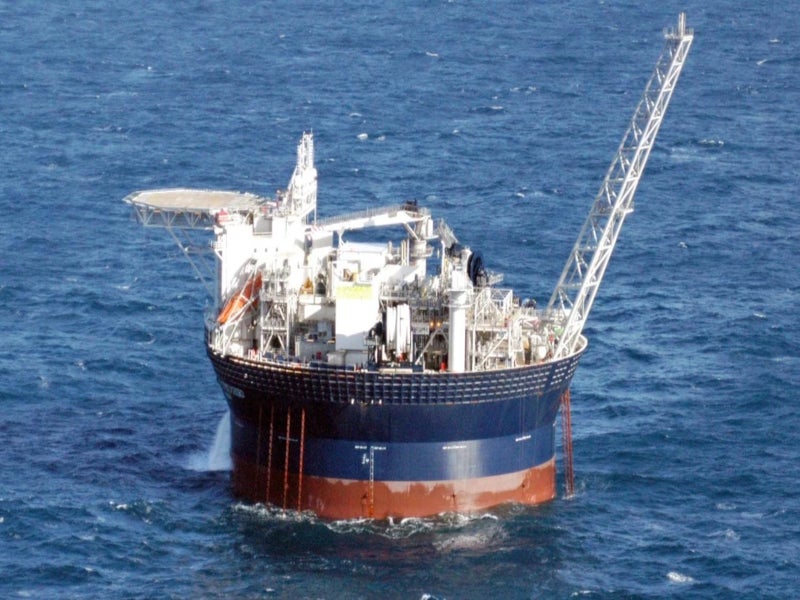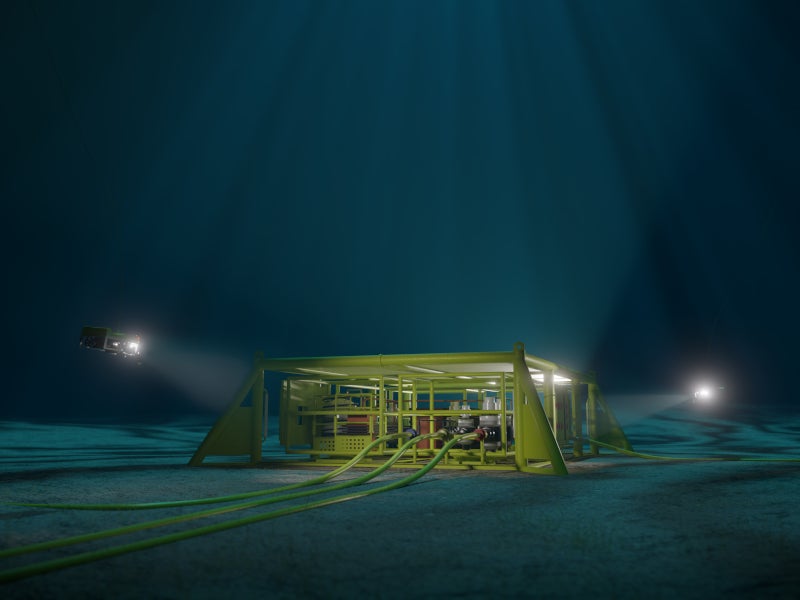The Chestnut oil field, located in block 22/2a of the UK Continental Shelf (UKCS) in the North Sea, is planned to be decommissioned by 2028. It is operated by Spirit Energy North Sea Oil, which owns 82.2% interest in the licence, while Dana Petroleum holds the remaining 17.79% stake. Spirit Energy North Sea Oil is a subsidiary of oil and gas exploration and production company Spirit Energy.
Production from the Chestnut oil field was started in late 2008 with an estimated production life of two years. The field, however, exceeded its expected economic life with additional wells and efficient production on Hummingbird Spirit floating production storage and offloading (FPSO) vessel deployed at the field.
Spirit Energy submitted a decommissioning application to the UK Department for Business, Energy and Industrial Strategy’s Offshore Petroleum Regulator for Environment and Decommissioning (OPRED) for the Chestnut field in August 2021. The preparation works for the decommissioning of the field are in progress.
Chestnut field location and details
The Chestnut oil field is located at a water depth of approximately 123m in the Central North Sea, 193km east of Aberdeen.
The field was developed with three subsea production wells and a subsea water injection well tied back to the Hummingbird Spirit FPSO through flexible risers.
The FPSO, which is based on marine engineering and design firm Sevan Marine’s SEVAN 300 model, features a storage capacity of 270,000 barrels and an oil production capacity of 25,000 barrels of oil per day (bpd). The 60m-diameter vessel has seven riser slots and can accommodate 47 people.
Additional production wells were drilled to extract oil from the other areas of the reservoir. Drilled with an investment of £56m ($67.1m), a new production well at the field extended its viability by three years and helped unlock an additional 2.5 million barrels of oil from the field. Production from the new well started in March 2020 and is expected to extend the field life until 2023. The field produced more than 27 million barrels of oil since the new well came onstream.
Chestnut field decommissioning details
The decommissioning programme of the Chestnut field will start with the sail-away of the Hummingbird Spirit FPSO for potential reuse or recycle options. The risers connecting the FPSO and the riser bases, including the six-inch diameter production pipeline system riser (PL2421), the six-inch diameter water injection pipeline system riser (PL2422), and the 153mm umbilical pipeline riser (PLU2423), are planned to be fully recovered to shore.
The 12 mooring lines will be disconnected and the associated 12 mooring suction anchors will be completely recovered and transported onshore to assess the reuse or recycling opportunities.
Further, the decommissioning programme involves the flushing and cleaning of the risers, chemical cores in the umbilical and pipelines before filling them with seawater.
A well intervention vessel or a semi-submersible drilling rig will be used to shut in and decommission all the wells (P1, P2/P4, P3) in the next phase of the programme.
Contractors involved
Marine transportation services company Teekay was contracted for the lease of the Hummingbird Spirit FPSO. In October 2019, the company signed a three-and-a-half-year contract with the Spirit Energy-Dana Petroleum joint venture (JV) to extend the deployment of the Hummingbird Spirit FPSO at the Chestnut field until March 2023.
Crondall Energy, an independent oil and gas consultancy, offered commercial support to Spirit Energy for the FPSO contract extension.
Spirit Energy has a long-standing frame agreement with UK-based subsea engineering firm Subsea 7 to provide subsea engineering, procurement, construction, and installation (EPIC), inspection, repair, maintenance and decommissioning services for its North Sea subsea assets, including the Chestnut oil field.





